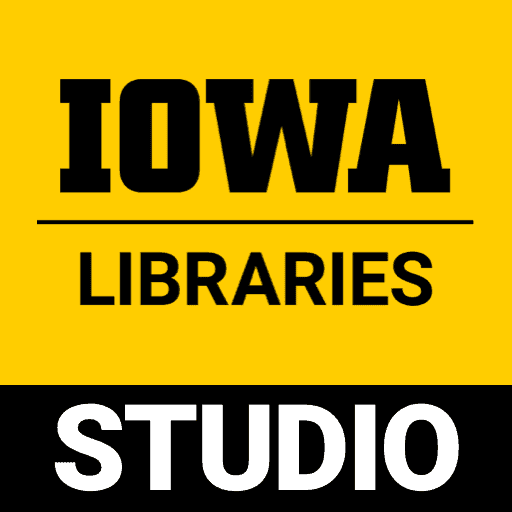As a historian, I sometimes struggle to portray different historical eras as they were experienced by the people who lived in them. Historical analyses reflect the historians’ modern biases, and there has been a conscious effort by the field to provide agency to the sources we study.
This project is part of an effort to allow historical actors to describe their world in their own words. For the Digital Humanities Capstone course, I am developing an audio-drama podcast about life in the Pennsylvania oil boom towns of the mid-to-late 19th century. Colonel Edwin Drake first struck oil in Titusville, Pennsylvania in August of 1850. By the following summer, prospectors were flooding into northwestern Pennsylvania. Reminiscent of the California gold rush, oil boom towns developed all over the region, catering to the needs of the mostly young men who came to the region. Despite being only a few hours from several major cities, these boom towns adopted a frontier mindset. Those who settled the region were resistant to legal codes, democratic elections, and other forms of government intervention.
This podcast seeks to analyze how the people in these oil boom towns viewed the world around them. Many histories of the Pennsylvania oil boom explore the technical aspects of the oil industry but fail to contextualize the lives of their citizens within the mid-to-late 19th century. I have compiled a collection of stories, urban legends, and folktales from the Pennsylvania oil boom. They will be told on the podcast as they would have been told by oilmen and women in the 1800s. I will do my best to contextualize the stories being told, but I want to avoid examining them with a critical historian’s gaze. Other historians have evaluated the truthfulness of some of these tales, but one of the major themes of this podcast is an appreciation for the fact that these stories were (at least partially) true for the people who told them. These stories developed over several decades and help to explain how the people in these towns came to understand the society and natural world around them.
In presenting these tales, I want to bring in multiple storytellers who can add some color to the audio presentation. In addition, I hope to add sound effects and other audio loops to bring the stories to life. My hope is that the studio can provide a podcasting space and the hardware to bring this podcast to life. Senior Developer Matthew Butler is also giving me a crash-course on audio editing, and Digital Humanities Librarian Nikki White has already provided some feedback and advice on the project.
